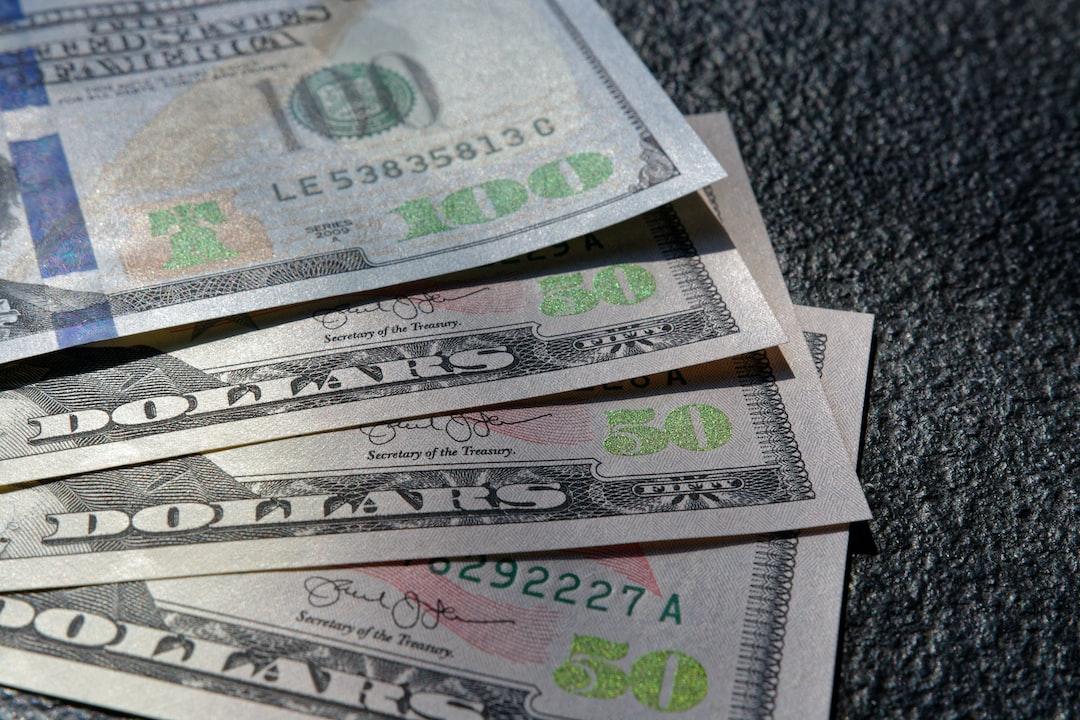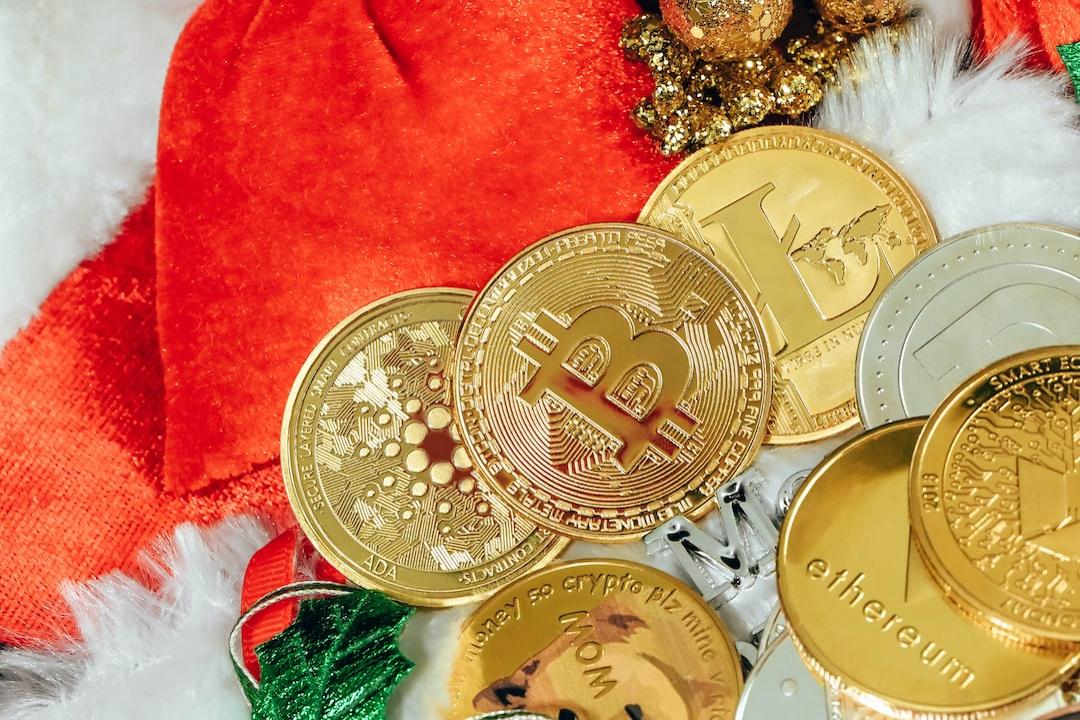An unidentified cryptocurrency user appears to have unintentionally incurred $90,000 in gas fees while attempting to make a straightforward transfer of $2,200 in Ether. According to data from Etherscan, the user spent a staggering 34.26 Ether (ETH), equivalent to $89,200 at current market rates, to transfer just 0.87 ETH, valued at approximately $2,262. This was highlighted in an August 11 post on X by the pseudonymous user DeFiac.

Source: DeFiac
At the time of this incident, gas fees on the Ethereum network were at an annual low, ranging from 2 to 4 gwei, suggesting that a standard ETH transfer should cost no more than $5. In percentage terms, the user overpaid by an astonishing 1,783,900%.
Such “fat finger” transactions are not rare in the cryptocurrency realm. For instance, on October 10, 2023, an NFT trader astonishingly spent 1,055 ETH—around $1.6 million at the time—on an NFT that was listed for only $1,000. Earlier, on April 6, an OpenSea collector mistakenly paid 100 ETH—valued at $191,000 then—for a free NFT mint, which led to allegations of wash trading.
Mistakes in transfers aren’t limited to retail users. In May 2021, the Singapore-based crypto exchange Crypto.com accidentally sent $7 million to Thevamanogari Manivel, an Australian user. Manivel never reported the error and used the funds to acquire a multi-million-dollar mansion in Melbourne, along with transferring around $4 million to an overseas bank account. As a result, she was sentenced to 209 days in prison for “dealing in the proceeds of crime.”
It’s important to note that while overpaying gas fees on the Ethereum mainnet might seem accidental, it could also be a calculated method of money laundering. The user would need to be aware of which Ethereum validator was processing the transaction and ensure it was submitted in the appropriate block.
Additionally, the anonymous user would have to coordinate closely with that validator to guarantee that the funds were not sent to the wrong recipient. In a report from October 2023, the crypto staking firm Northstake revealed that the level of illicit and high-risk activity across three Ethereum staking protocols and various parts of the mainnet ranged between 0.46% and 1.56%. While these figures are relatively low, Northstake expressed concerns from regulated entities considering participation in liquid staking protocols and Ethereum-based decentralized finance in general.
Ethereum’s price is expected to lag for several months as Bitcoin experiences a surge, according to insights from X Hall of Flame’s Roman.

